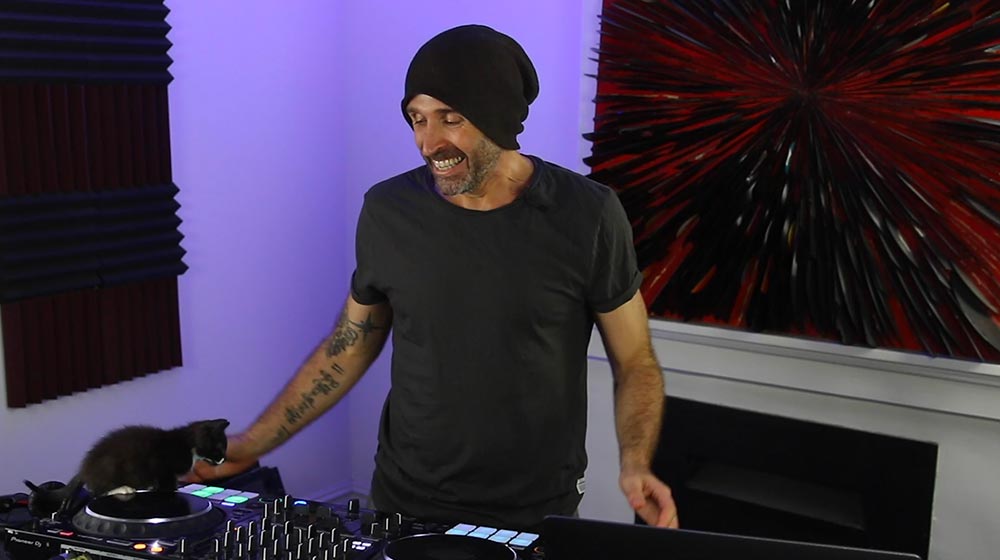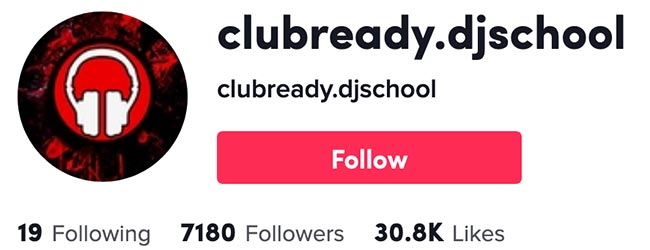Categorising music
I recently did a video on how to get out of sticky situations and the long and short of it is, the more prepared you are the less likely you'll even find yourself in a sticky situation, so in this video I will share with you some common ways to organise and even categories your music so you are ready for any eventuality.
Firstly I think there are different ways people approach organising their library and in this article / video I will cover all of them but the truth is, I would probably always over prepare and would use all of these methods.
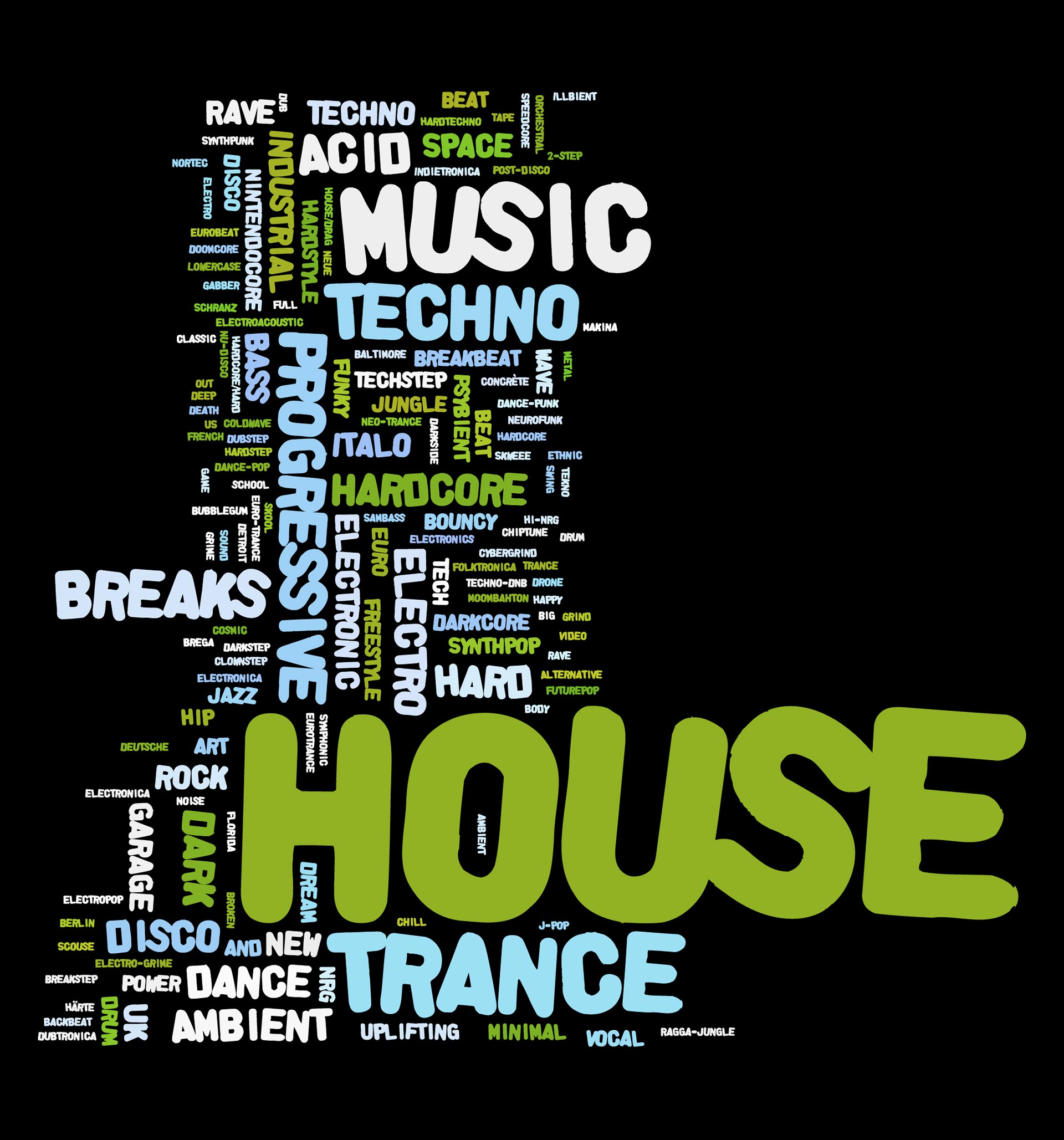
ORGANISE YOUR MUSIC BY GENRE
Firstly, it's really common to organise your music by genre. This means you have several playlists and the playlists are titled by genre. For instance you may have a playlist called tech house, another techno, another nu disco, progressive house and so so and when you download and important new music you sort them into the appropriate playlist by genre. The advantage of this is let's say you are playing at a friends party and you start with deep house and then some people start requesting tech house you can just go to your tech house folder and can play by genre. It also means if you are preparing for events that specialise in a particular genre that you can go to these master playlists and pick the tracks you think would be most appropriate for that party.
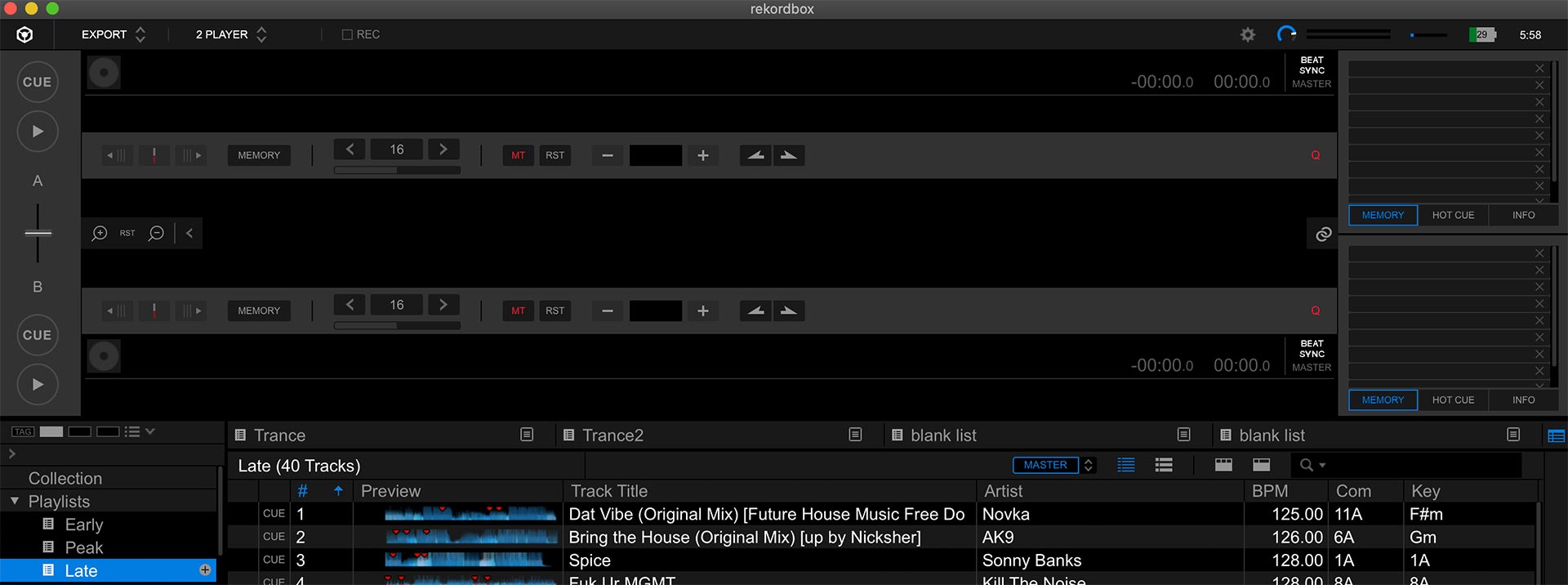
ORGANISE YOUR MUSIC BY TIME SLOT
Another common way to organise your music is by energy or even by time. For instance when I was playing every week I would have playlists called early, peak and late and as I got new music I would put tracks into the playlist where I think that track would be best played. For instance in the early playlist I could put new tracks that I wanted to try out and also tracks that are great but may not be so great at the peak of the night. Then in the peak playlist I put all the big tracks and in the late playlist I put all the left overs. I found the late sets were really cool because you could play all the big tracks that hadn't been played mixed with tracks that had really cool beats that people may not have heard, but when playing late you will have to be careful to play tracks that are different to the headliners tracks but also tracks that maintain energy and stay true to the nature of the event.
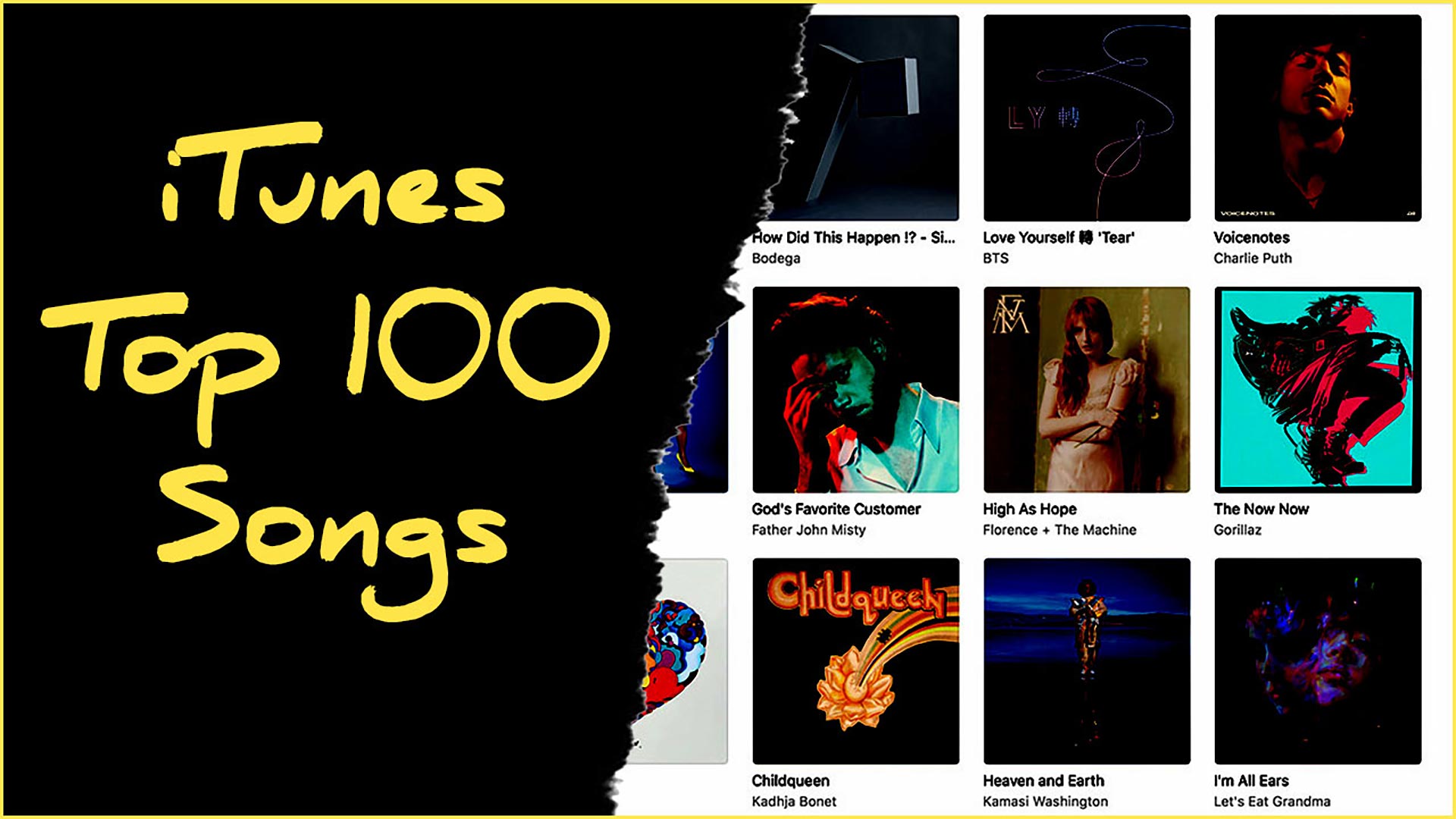
ORGANISE YOUR MUSIC BY POPULARITY
Another way people organise their music is by popularity. For instance if I was playing weddings or private functions I may have a playlist with all the latest tracks that were trending on the radio right now - tracks that I'd know people would know and respond well to, then I may have another playlists called all time classics, and I may even have a playlist with familiar patterns or tracks I feel would be great to use for mash ups. I go into way more detail about the use of familiar patterns to add excitement to your mixing in my Club Ready Course, not to mention there's a whole new section on mixing with 3 decks and also incorporating advanced FX combinations so if you feel you have reached plateau with your mixing or perhaps you are still shaky with the foundations then 100% check that out, I'll link in the info below.
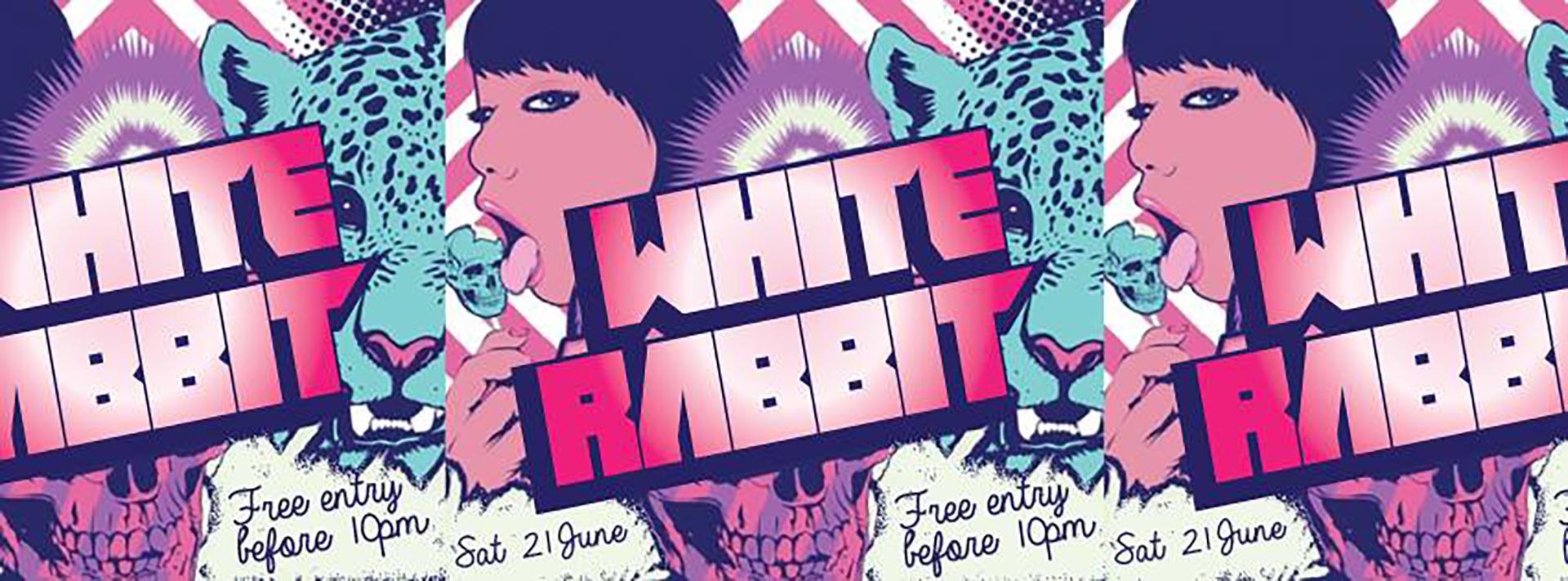
ORGANISE YOUR MUSIC BY EVENT
Then lastly, a great way to organise your music and playlists is by event. So let's say I'm preparing to play live I would start by creating a playlist and I would name the playlist after the event I was preparing for, so let's say for the sake of this video, let's call the playlist - Club Ready Live streaming event. Then I would start adding tracks I wanted to include in my mix. The secret here is to over prepare. This means, if you have to play for an hour and in 1 hour you can mix 20 tracks prepare at least 3 times that amount, so in this case, etc' say 60 tracks as the more tracks you have to choose form the easier the set will take shape as you have more options and this makes the process of finding relatable tracks and magic combos much easier...
So in short, once I have a bunch of tracks that I feel would be appropriate for the event that I am playing I would start the process of finding tracks that go well together and I would create a loose order. This doesn't; mean I have to play those exact tracks in that exact order, but if I have the beginnings of a playlist that I can fall back on if the going gets tough then this helps build my confidence and there is no netter feeling than having an abundance of quality tracks to choose form and it also means if the DJ before me played a bunch of my tracks, I have a tonne of back ups to choose from.
Now personally when I was playing every week, I would start by naming a playlist for the event I was preparing for and quiet often I would copy in the playlist I did the week prior and then I would spend some time researching new music and building on that playlist, adding more tracks and then re working it and finding new combos with the goal that each playlist was this evolving beast that just got bigger and better every week.
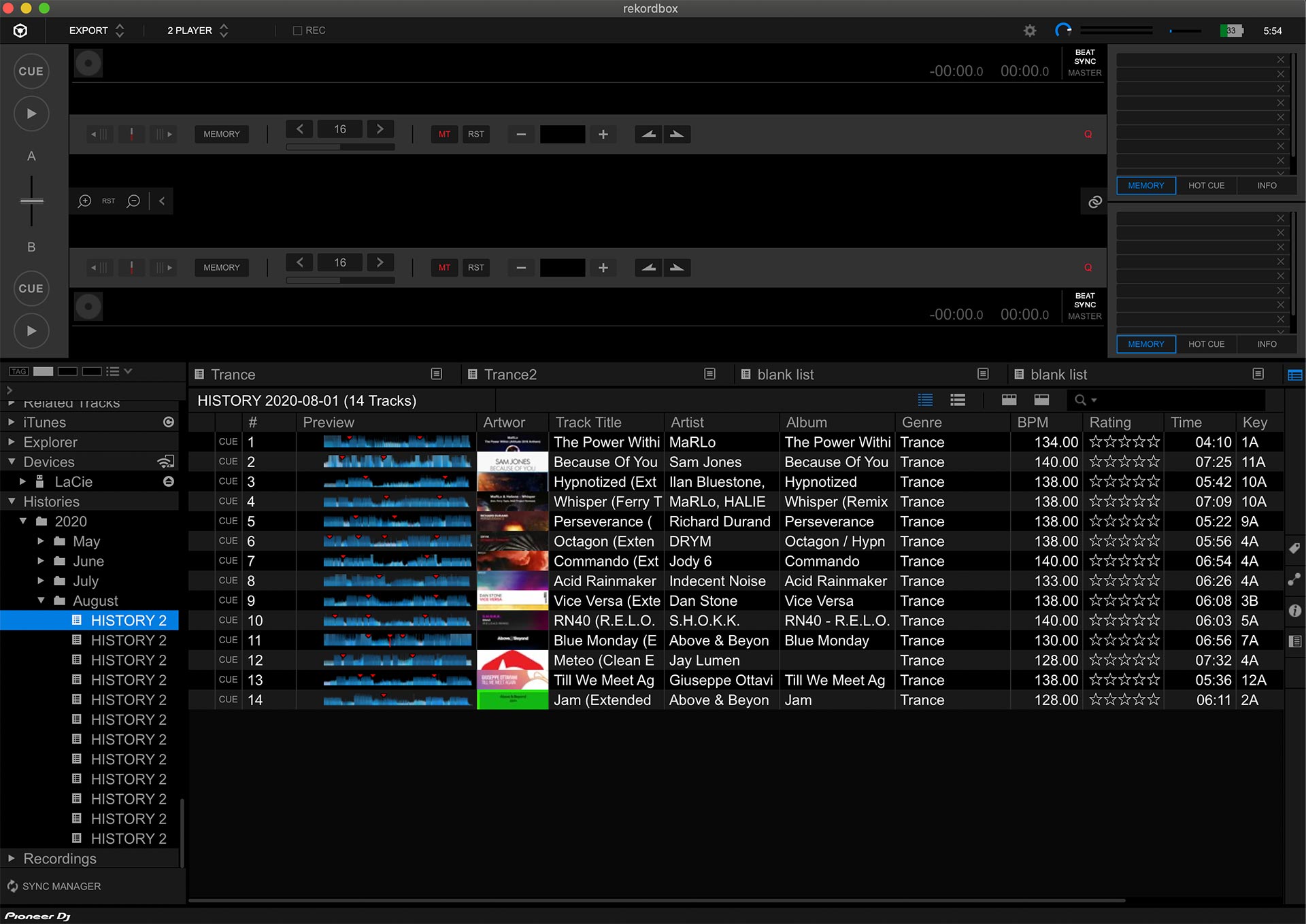
ACCESS HISTORIES / PAST PLAYLISTS
I would save every playlist I ever did and the playlists that went really well, I would save and keep them on my USB so if the going ever got tough I could return to a past playlist. I feel the more playlists you have prepared the better you get at it and then in time you could even step away from prep and start free styling more. I guess it's about finding a balance between preparation and being open to read the crowd and play based on the crowds response. Again I have so much on this in my course, but this video is more to get you thinking.
Now in truth I actually do all of these methods. I have a main playlist organised by genre that I feed new music into and then I have playlists organised by popularity and also a tonne of playlists that I have made for events that I have played and am preparing for. With the playlists organised by time, they are usually limited to the events that I am preparing for where I am playing all night. For instance if I had an early playlist full of 100 tracks and then a peak playlist with another 100 tracks and a late playlists with all the left overs, then I could start wth my early playlist and once the dance floor and night starts to build I move into the peak playlist. And let's say I am playing some tracks in the peak playlist and I try a RNB track and it goes nuts, then I could even branch away form my peak playlist and check out more RNB options in my RNB playlist. Or perhaps even check out a past playlist where similar tracks worked and look to that past playlist for ideas.
There is no right or wrong method and if I was you I would start by organising your music by genre and from there start working on some event playlists. If you are one of my students then once you have finished the course I ask you to submit a mixtape incorporating everything you learnt and I personally give you feedback on your mix and once it passes you are then offered live shows on my Club Ready Tribe streaming platform. This essentially gives you 2 sets to work on - firstly your mix, then secondly your live stream which could be a similar set to your mix, but both give you something to work towards which IMO is huge as life without goals is like trying to put together a jigsaw puzzle without the boxtop.
Hope this helped. If you have another method to organise your music I would love to hear about it, otherwise any positive comments are really appreciated. Thank you.
RELATED POSTS
If you're just getting started with DJing and running into problems on the decks - whether it's messy transitions, clashing vocals, or energy dips on the dance floor - chances are, it's one of the mistakes we're going to talk about today.
It's that time of year when everyone's doing sales and I just thought I'd do an article answering any questions you may have about the course and discuss wether you think it's a good fit for you.
So many people when they first learn to DJ make it unnecessarily hard for themselves and as a result they get frustrated, lose interest or simply give up. WHEN REALLY all they had to do is follow the tips I'm going to share in this video.
n the exciting world of electronic music, being a skilled DJ is one aspect of this industry, and it only scratches the surface of just how far you can take this as a career. Aspiring DJs are increasingly venturing into the realm of music production, where they can elevate their skill set and potential to make it big in the dance music scene, pushing them to heights that DJing alone may never get them. Embarking on the journey of music production opens up a world of infinite possibilities, allowing DJs to truly explore and craft their own unique sound and overall brand. Finding your niche as a producer and being a great DJ to match is a combination that carries great potential and is possibly the only way to make a name on the world stage.
Let's face it there really are so many different ways you can practise and from teaching literally thousands of people I feel the majority only do 1 or 2 ways at most and they wonder why they get bored or reach a plateau, so keep reading as this article gives you a fresh outlook on ways to assure your DJ sessions are successful to assure you build unstoppable momentum.
Not yet part of the Club Ready Tribe? Sign up to become a student today and join the strongest DJ community in the world!!
DRUM ROLL... GET THE COMPLETE PACKAGE
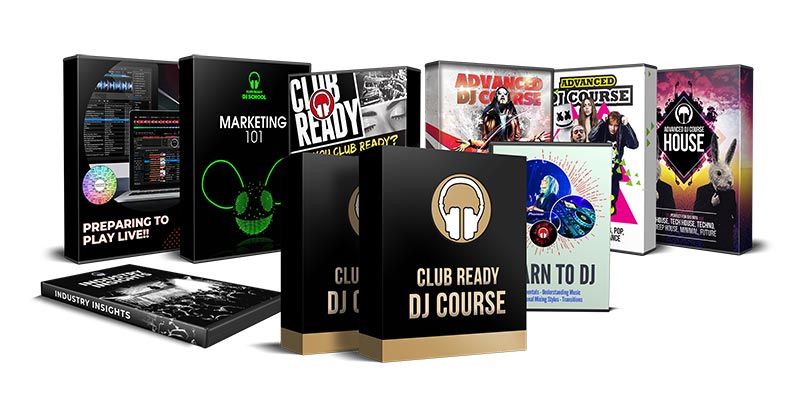
Buy all the courses and get over 60% off
For a limited time
CLUB READY DJ COURSE: Value: $295
ADVANCED PERFORMANCE PACK: Value: $395
CLUB PACK: Value: $195
ONE TIME BONUS VIDEOS: Value: $75
BONUS CONTROLLER TO CLUB MINI COURSE: Value: $95
FEEDBACK ON MIXES: Value: $45
MEMBER ACCESS TO CLUB READY TRIBE
DIRECT ACCESS TO ME
TOTAL VALUE: $1295
TOTAL VALUE OF COMPLETE PACKAGE: $1295
>> SALE PRICE: $175 <<
YES! I WANT ALL THIS FOR ONLY $175And I want to be on time for the reduced price!

If you press the button and see the price went back to $1295 it means the promotion has ended and the program is back to its regular price.
This price is a ONE-TIME-ONLY payment and you get to keep the program FOR LIFE.

16 MINI DJ LESSONS FOR FREE!
Not sure where to start? In this mini series I answer many of the questions beginners have about learning to DJ.
CLUB READY DJ COURSE
 Usually
Usually ADVANCED PERFORMANCE PACK
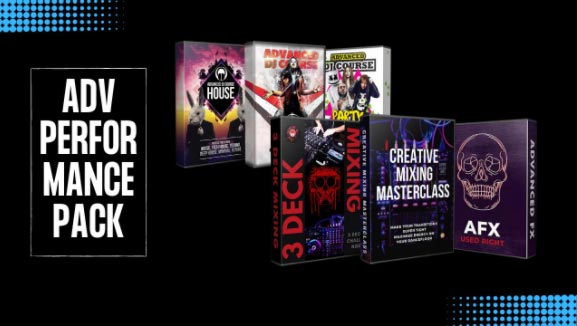 Usually
Usually CLUB PACK
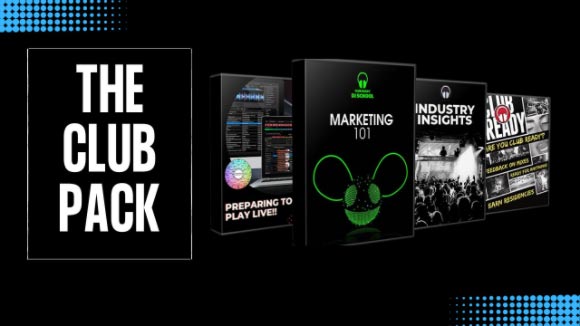 Usually
Usually THE COMPLETE PACKAGE
Get all of my courses for life!
 TOTAL VALUE:
TOTAL VALUE: 
